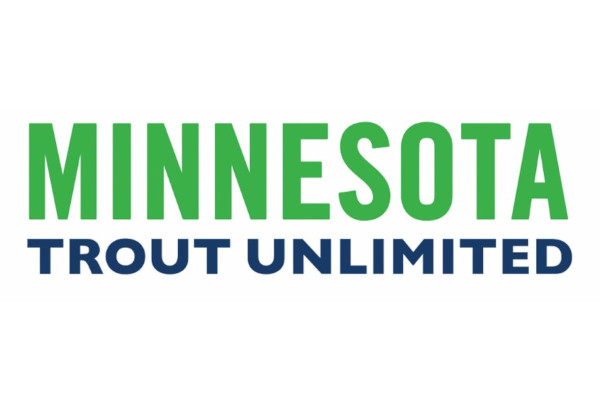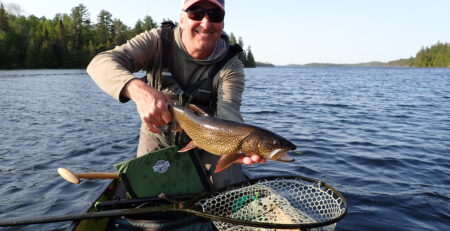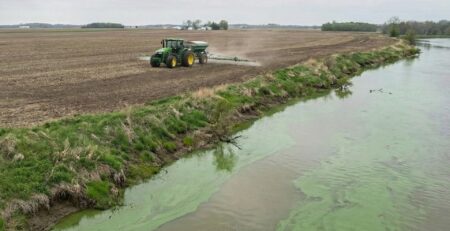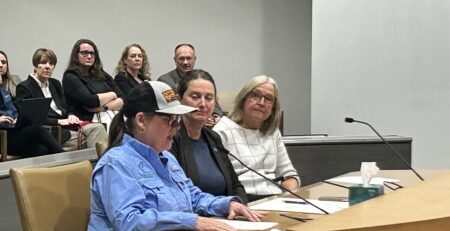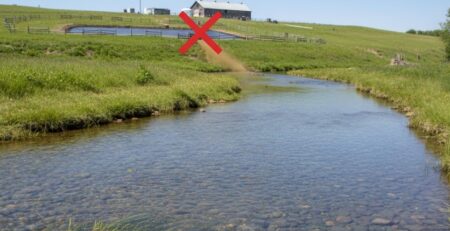Urge Governor Dayton to vote “no” on test case of Great Lakes Compact and protect Lake Superior from future water diversions
On Thursday March 3, 2016 the DNR hosts a meeting in Duluth regarding a decision which could set a precedent either to allow Lake Superior waters to be diverted out of the basin or to prevent such diversions. The first test of the Great Lakes Compact is here – in the form of an application by the city of Waukesha, WI to divert water out of the Great Lakes basin. It is important that Governor Dayton vote “no” on this application and that all of us speak up to ensure the Great Lakes Compact is enforced. See below the 3 ways you can help.
Background:
The city of Waukesha, WI wants to divert Great Lakes water to cities outside of the Great Lakes basin. This dangerous proposal, if approved, would undermine the Great Lakes Compact, which is a set of hard-won protections for Lake Superior and the other Great Lakes.
Great Lakes Compact:
The Compact is an agreement by all eight Great Lakes States and between the U.S. and Canada to protect Lake Superior and the other Great Lakes’ water by banning all diversions of water from the Great Lakes Basin except under strict conditions. Each Great Lakes Governor gets to vote on a diversion request. Waukesha’s diversion is not necessary and its proposal fails to meet the conditions for diversions laid out in the Compact:
Compact Condition 1: Must demonstrate that there are no reasonable water supply alternatives to a diversion.
Waukesha fails because it has a reasonable alternative, safe source of water.
Compact Condition 2: Must show that it has implemented water conservation and efficiency measures before applying for a diversion.
Waukesha fails because it hasn’t completed water conservation or efficiency measures.
Compact Condition 3: Must demonstrate that the amount of water requested is not more than what is needed.
Waukesha fails because it is asking for 50% more water than it actually uses.
Approving a removal of water from the basin when the diversion is not truly necessary and does not meet the basic requirements of the Great Lakes Compact would dangerously weaken the Compact and ultimately put Lake Superior at risk. In recent years there have been proposals to ship Lake Superior water outside the U.S. and even to build a pipeline to pump Lake Superior water to North Dakota. Pressures will surely grow as excessive pumping (for uses other than drinking water) and contamination of groundwater in western and central Minnesota continues. Establishing a strong precedent of strict adherence to the restrictions in the Compact is our best defense against future attempts to remove Lake Superior water.
Three ways you can help protect Lake Superior and the other Great Lakes:
1. Contact Governor Dayton and urge he vote “no” on the proposed Waukesha diversion.
Governor Mark Dayton
Telephone: 651-201-3400
Toll Free: 800-657-3717
If you cannot call between 8:00 and 4:30 make sure to leave a voice message.
Follow this link to see more options for contacting Governor Mark Dayton:
http://mn.gov/governor/contact-us/form/
2. Attend the meeting in Duluth on Thursday March 3, 2016 and urge the Governor and DNR to oppose the diversion.
What: Public open house & listening session on Waukesha water diversion proposal.
Who: Hosted by Minnesota Department of Natural Resources
When: Thursday, March 3, 5:00 pm to 8:00 pm
Where: Duluth Holiday Inn and Suites Downtown, 200 W 1st Street
Link to map: Holiday Inn Duluth Downtown, 200 W. First St. (map)
3. E mail comments to the Regional Body urging they deny Waukesha’s application to divert water from the Great Lakes. Comments are due by March 14, 2016 and can be submitted via email following this link: http://www.waukeshadiversion.org/comments
More information:
Basic information on the proposed diversion, the process and how to comment can be found on a website maintained by the governing body charged with implementing the Great Lakes Compact at: http://www.waukeshadiversion.org/
You can also check back on MNTU website in the coming week for proposed comments and an analysis of Waukesha’s proposal and how it fails to meet the standards set out in the Great Lakes Compact. MNTU is not opposed to Waukesha using Great Lakes water, provided it complies with the provisions in the Compact. However, this request to turn first to the Great Lakes is premature at best and the current application falls well short of the Compact’s requirements. The Compact requires that Great Lakes water be a last resort, not merely a more convenient one.
For the past decade MNTU has been working with numerous partners on Great Lakes issues of common concern. On this issue (Waukesha diversion) the National Wildlife Federation has been investing great amounts of time and effort, including commissioning an analysis of the true need for and alternatives available. That report can be found at: https://www.nwf.org/pdf/Great-Lakes/GLRC-Waukesha-Analysis-3-27-2013.pdf
The National Wildlife Federation and other partners developed a good summary of which you can view using this link: http://static1.squarespace.com/static/55845d9de4b0b4466f1267b9/t/56716bd3a12f44d7686863ab/1450273747509/Waukesha5ThingsYouNeedToKnow.pdf
